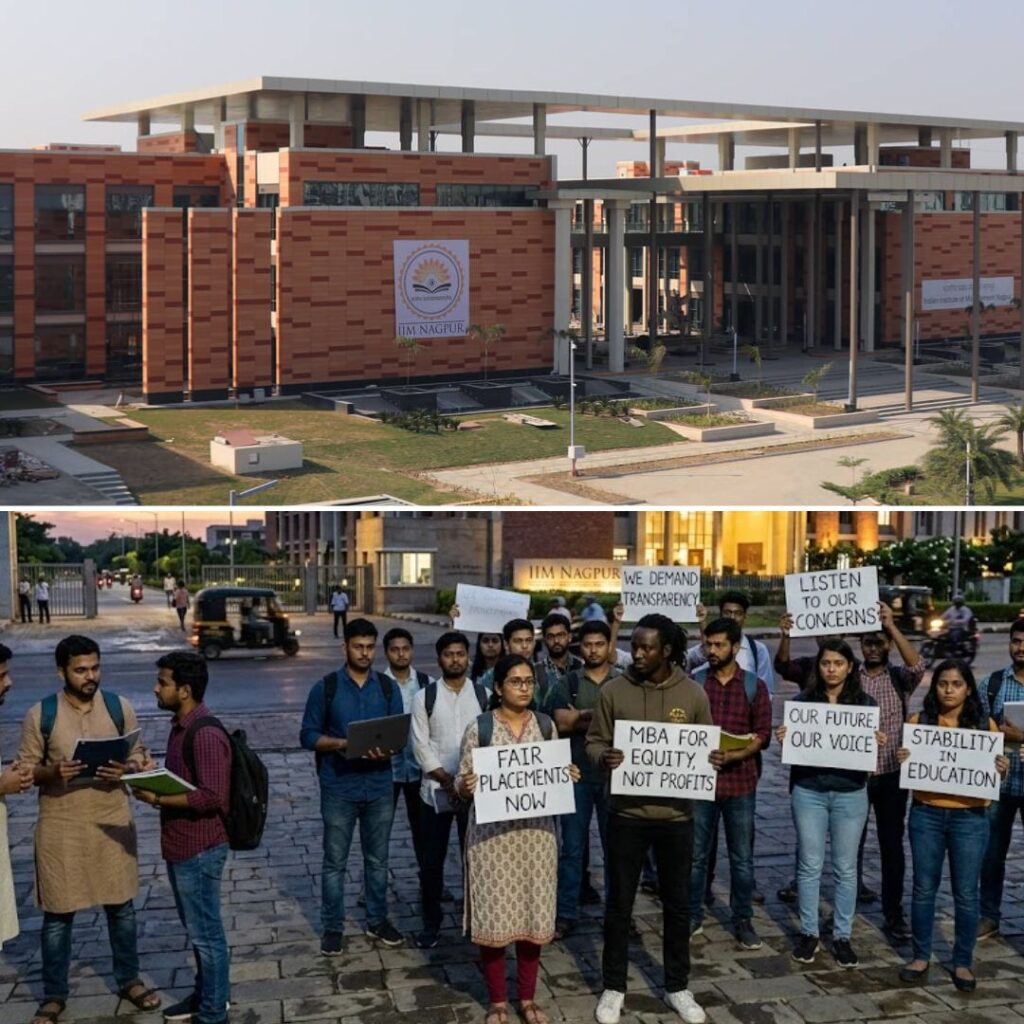Former Prime Minister of Pakistan, Imran Khan, has been sentenced to 14 years in prison following his conviction on corruption charges related to the Al-Qadir Trust, a welfare foundation he established with his wife, Bushra Bibi, who received a seven-year sentence. The anti-graft court found that Khan improperly accepted land from property tycoon Malik Riaz in exchange for laundering funds amounting to approximately £190 million ($240 million). Khan, who has been imprisoned since August 2023, claims the charges are politically motivated to prevent his return to power.
Court’s Decision and Sentencing Details
The verdict was delivered on January 17, 2025, by Judge Nasir Javed Rana during a session held at the jail where Khan is currently incarcerated. In his ruling, Judge Rana stated, “The prosecution has proven its case. Khan is convicted.” The case revolves around allegations that Khan and his wife accepted a land gift from Riaz in return for legal favours that involved laundered funds. Khan has consistently denied the charges, asserting they are part of a political conspiracy aimed at undermining him since his ousting from office in April 2022.
Background and Context
Imran Khan’s legal troubles began following his removal from power through a no-confidence vote. Since then, he has faced multiple charges, including corruption and breaches of various laws. His imprisonment in August 2023 was marked by claims of politically motivated accusations designed to thwart his political ambitions. The current sentencing adds to a series of legal challenges he faces, as he contends with around 200 cases, many of which he argues are fabricated by political rivals seeking to eliminate him as a threat.
The Logical Indian’s Perspective
This recent development highlights the ongoing political turmoil in Pakistan and raises questions about the integrity of the judicial process amidst allegations of political manipulation. As citizens navigate these complex issues, it is crucial to foster dialogue centred on justice and transparency. How can we ensure that political motivations do not compromise the rule of law? We invite our readers to share their thoughts on this matter and engage in constructive discussions that promote understanding and empathy within our communities.













